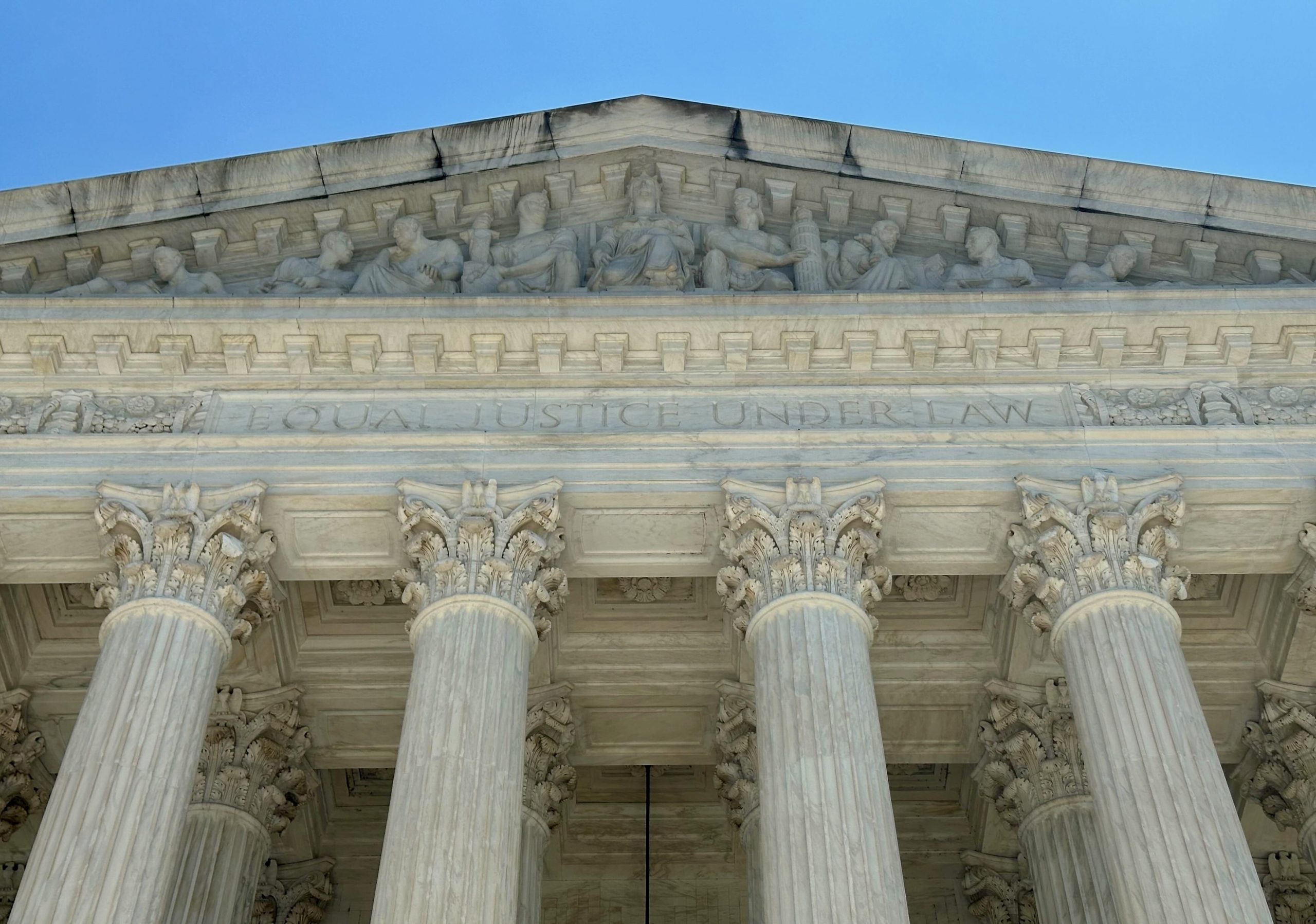OPINION ANALYSIS
on Mar 31, 2025
at 4:43 pm

(Katie Barlow)
United States v. Miller presents the form of easy details that populate law-school hypotheticals. A enterprise is in monetary misery. The shareholders (who management the enterprise) use a few of its funds to repay their very own money owed, together with taxes owed to the federal authorities. When the enterprise recordsdata for chapter, the collectors of the enterprise justifiably complain that the shareholders mustn’t have used the enterprise’s cash to repay the shareholders’ private tax liabilities. Can the Inner Income Service hold the cash? The Supreme Courtroom held last week that the reply is sure.
Justice Ketanji Brown Jackson’s opinion (joined by all of the justices apart from Justice Neil Gorsuch) presents this as a simple textual train, turning on “the interaction” between two sections of the Chapter Code. The primary is Part 544, which creates a federal reason behind motion permitting the bankrupt to get well funds it paid out earlier than chapter each time the switch “is voidable beneath relevant regulation.” The second is Part 106, which waives the federal authorities’s sovereign immunity for an extended checklist of explicit sections of the Chapter Code, together with Part 544.
For Jackson, the important thing to the case is the truth that beneath Utah regulation (the relevant fraudulent conveyance statute), the collectors of the failed enterprise couldn’t get well from the IRS, as a result of the IRS’s sovereign immunity would shield it from a swimsuit beneath the Utah statute. Thus, she concludes, the switch to the IRS shouldn’t be “voidable beneath relevant regulation” for functions of Part 544. Jackson explains that the textual content of Part 106, “learn as a complete, makes clear that it … doesn’t set up any substantive rights in opposition to the Authorities.” All that Part 106 does is “give courts jurisdiction to listen to [Section 544] claims in opposition to the federal government.” It doesn’t change “the substantive necessities of the declare itself.”
Working from these premises, Jackson simply can reject the hassle to “remodel [Section 106] from a jurisdiction-creating provision right into a liability-creating provision.” Jackson goes on to level out that her studying doesn’t render ineffective the inclusion of Part 544 within the listed sections for which sovereign immunity is waived, as a result of it will nonetheless enable collectors to invalidate improperly perfected tax liens beneath Part 544(a). Given the robust custom of a slender studying of waivers of sovereign immunity, the bankrupt can’t prevail.
Context is every little thing right here. Congress included a waiver of sovereign immunity within the Chapter Code in 1978. As I’ve written elsewhere, the Supreme Courtroom in a number of circumstances nonetheless upheld claims of sovereign immunity by state and federal governments, concluding that the statutory waiver was insufficiently particular. Congress responded in 1994 by including to Part 106 a listing of just about each part of the Chapter Code that grants an essential energy to sue and get well funds from third events.
In Miller, the courtroom primarily tells Congress, once more, that it must do its homework higher. If it really needs to impose legal responsibility on the federal authorities, it must attempt even tougher than it has previously. Time will inform whether or not the third time can be a attraction.


